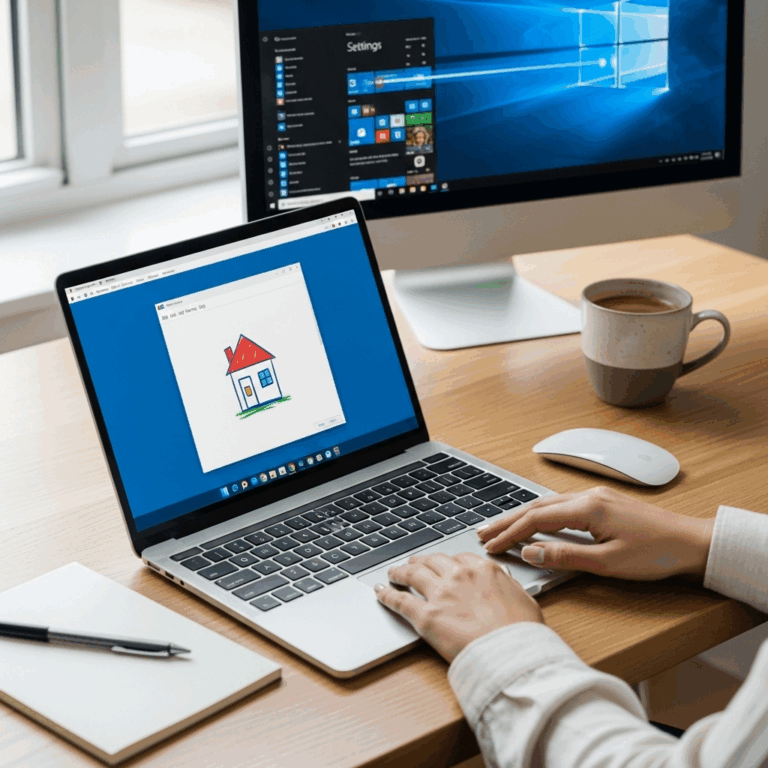Epson Bluetooth Driver: Easy Linux 32-Bit Download
Finding reliable drivers for your peripherals on Linux, especially for older architectures like 32-bit systems, can sometimes feel like searching for a needle in a haystack. However, when it comes to connecting your Epson devices via Bluetooth, the process, while requiring specific attention, is often more manageable than anticipated. This guide is designed to help you navigate the path to successfully installing the Epson Bluetooth driver download for Linux 32-bit, ensuring your Epson printer or scanner seamlessly integrates with your 32-bit Linux environment.
The importance of specific drivers cannot be overstated. Operating systems, including various Linux distributions, rely on these pieces of software to communicate effectively with hardware. Without the correct driver, your Bluetooth-enabled Epson device might remain stubbornly unrecognized, hindering your ability to print wirelessly or scan documents directly to your computer. For 32-bit systems, which are still in use for a variety of applications, finding compatible drivers can sometimes be a more involved task due to the evolving nature of hardware and software support.
Understanding Your Epson Device and Bluetooth Connectivity
Before diving into the download process, it’s crucial to identify the exact model of your Epson device. Different Epson models may utilize different Bluetooth modules or require slightly varied driver configurations. A quick check of your device’s manual or a label on the device itself will usually provide the necessary model number. Once you have this information, you can begin your search with greater precision.
Bluetooth technology, while ubiquitous today, can sometimes present unique challenges in driver management. Unlike wired connections, Bluetooth relies on a wireless handshake between devices. The driver acts as the interpreter for this communication, translating commands from your Linux system into signals your Epson device understands, and vice-versa. For 32-bit Linux systems, ensuring that the driver you download is specifically compiled for this architecture is paramount. Attempting to use a 64-bit driver on a 32-bit system, or a driver for a different operating system, will invariably lead to failure.
The Search for the Epson Bluetooth Driver Download for Linux 32-bit
The most direct route to obtaining the correct driver is often through Epson’s official support website. While their primary focus might be on the latest operating systems and 64-bit architectures, digging into their archives or older driver sections can sometimes yield the results you need. When searching their site, be sure to:
Select your specific Epson product model.
Choose “Linux” as your operating system.
Look for options related to “Bluetooth” or “wireless connectivity.”
Filter by “32-bit” if such an option is available.
Unfortunately, direct support for older 32-bit systems can sometimes be phased out by manufacturers. If you exhaust Epson’s official channels without success, the Linux community becomes your next best ally. Many Linux distros come with built-in Bluetooth support, and the necessary components might already be present. However, specific Epson hardware might still require a dedicated driver.
Leveraging the Linux Community and Open-Source Solutions
Linux users are renowned for their ability to find workarounds and share vital information. Online forums, distribution-specific support pages (like those for Ubuntu, Debian, Fedora, etc.), and mailing lists are excellent places to ask for guidance. When posting your query, be sure to include:
Your exact Epson device model.
Your specific Linux distribution and version.
Confirmation that you are using a 32-bit system.
Details of any error messages you have encountered.
Often, other users will have encountered similar issues and can point you towards community-maintained drivers, scripts, or established procedures for getting your Epson Bluetooth device working on your 32-bit Linux setup. Sometimes, open-source projects contribute to driver development, or existing generic Bluetooth drivers can be tweaked to support specific hardware.
Installation Process: A General Guide
Once you have located and downloaded the appropriate driver file (it might be a `.deb` package for Debian-based systems, an `.rpm` for Fedora/Red Hat, or even a source code archive that needs to be compiled), the installation process generally follows these steps:
1. Open a terminal window. This is your command-line interface for interacting with the Linux system.
2. Navigate to the directory where you downloaded the driver file. Use the `cd` command (e.g., `cd Downloads`).
3. Install the package:
For Debian/Ubuntu: `sudo dpkg -i .deb`
For Fedora/Red Hat: `sudo rpm -i .rpm`
For source code: You’ll typically need to extract the archive (`tar -xzf .tar.gz`), navigate into the extracted directory, and run commands like `./configure`, `make`, and `sudo make install`. Follow any specific README files provided with the source.
4. Reboot your system. This is often a necessary step for new drivers to be loaded correctly.
5. Enable Bluetooth on your Epson device and your Linux computer.
6. Use your Linux distribution’s Bluetooth manager (e.g., `blueman`, the integrated Bluetooth settings in GNOME or KDE) to search for and pair with your Epson device.
Troubleshooting Common Issues
Even with the correct driver, you might encounter hiccups. Some common troubleshooting steps include:
Ensuring the Bluetooth service is running: Use commands like `sudo systemctl status bluetooth` to check. If it’s not active, start it with `sudo systemctl start bluetooth`.
Checking for kernel module conflicts: Occasionally, other Bluetooth drivers might interfere. This is more advanced and often requires community advice.
Verifying hardware detection: Use commands like `lsusb` (for USB Bluetooth dongles) or `lspci` (for integrated PCI Bluetooth) to see if the hardware is recognized at a basic level.
The journey to get your Epson Bluetooth device working on a 32-bit Linux system requires a bit of patience and a systematic approach. By understanding your hardware, utilizing official resources first, and then tapping into the power of the Linux community, you can successfully achieve that Epson Bluetooth driver download for Linux 32-bit and enjoy seamless wireless connectivity.




